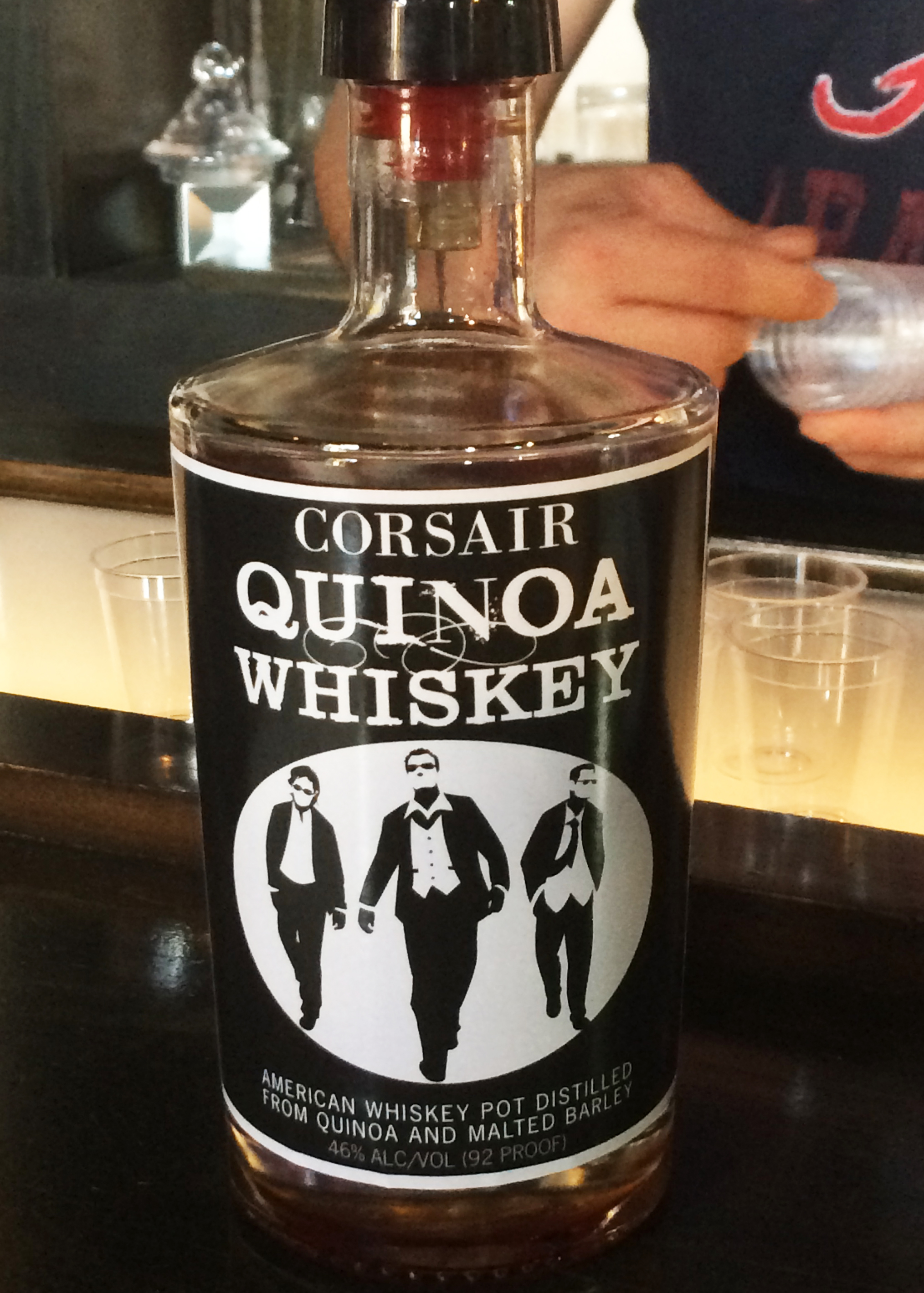The Treasury Department’s Alcohol and Tobacco Tax and Trade Bureau (TTB) has proposed a new rule changing the definition of “grain” to include the seeds of the pseudocereals amaranth, buckwheat and quinoa. Under current regulations, whiskey is considered a grain spirit and, until now, “grain” has been limited to four specific crops: corn, wheat, rye and barley.
This proposed change could be quite beneficial to the creativity in the whiskey industry, as craft distillers constantly look for new ways to distinguish themselves from the competition. The public comment period for the proposed TTB regulation is open until March 2019. Once the comment period closes, the TTB will review comments and consider changes to the proposal. After that any changes are subject to approval by the Treasury Department.
If you have questions about TTB regulations, please contact us at Morsel Law.


